These 10 unusual United States colleges redefine higher education with unique approaches, from interdisciplinary learning and abilities-based assessment to specialized focuses like naval architecture and Transcendental Meditation. Each institution offers a distinct educational experience, challenging norms and enriching the academic landscape with innovation and diversity.
Here’s a more detailed overview of each of the 10 unusual United States colleges…
1. Evergreen State College

Evergreen State College, located in Olympia, Washington, stands out for its innovative approach to education. Founded in 1967, Evergreen emphasizes interdisciplinary learning and student-designed curricula. Unlike traditional colleges, Evergreen does not use grades; instead, students receive narrative evaluations of their work. This approach encourages independent thinking and allows students to explore diverse fields of study through a combination of seminars, team projects, and internships. The college is known for its commitment to environmental and social justice issues, reflected in its curriculum and campus culture.
2. Alverno College
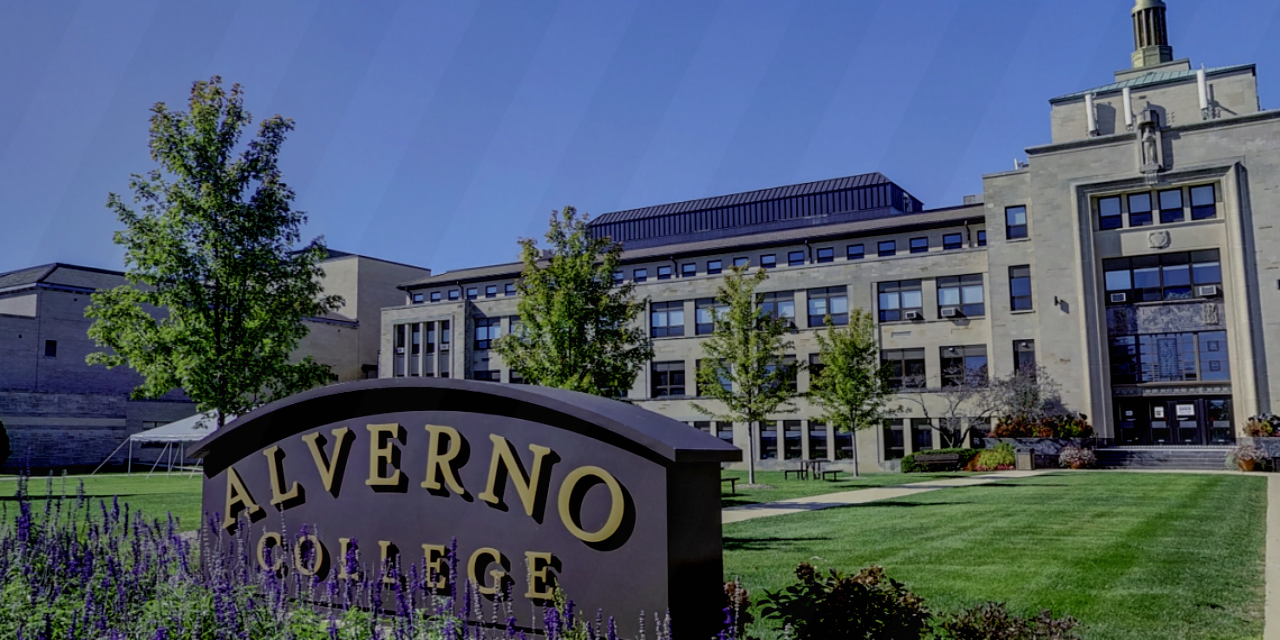
Alverno College, situated in Milwaukee, Wisconsin, is renowned for its abilities-based curriculum. Founded in 1887 by the School Sisters of St. Francis, Alverno focuses on empowering women through education and leadership development. The college uses a unique assessment method called the Alverno Promise, which evaluates students based on their mastery of specific skills rather than traditional grades. This approach encourages personalized learning and prepares students for successful careers in fields such as nursing, education, and business.
3. Antioch College
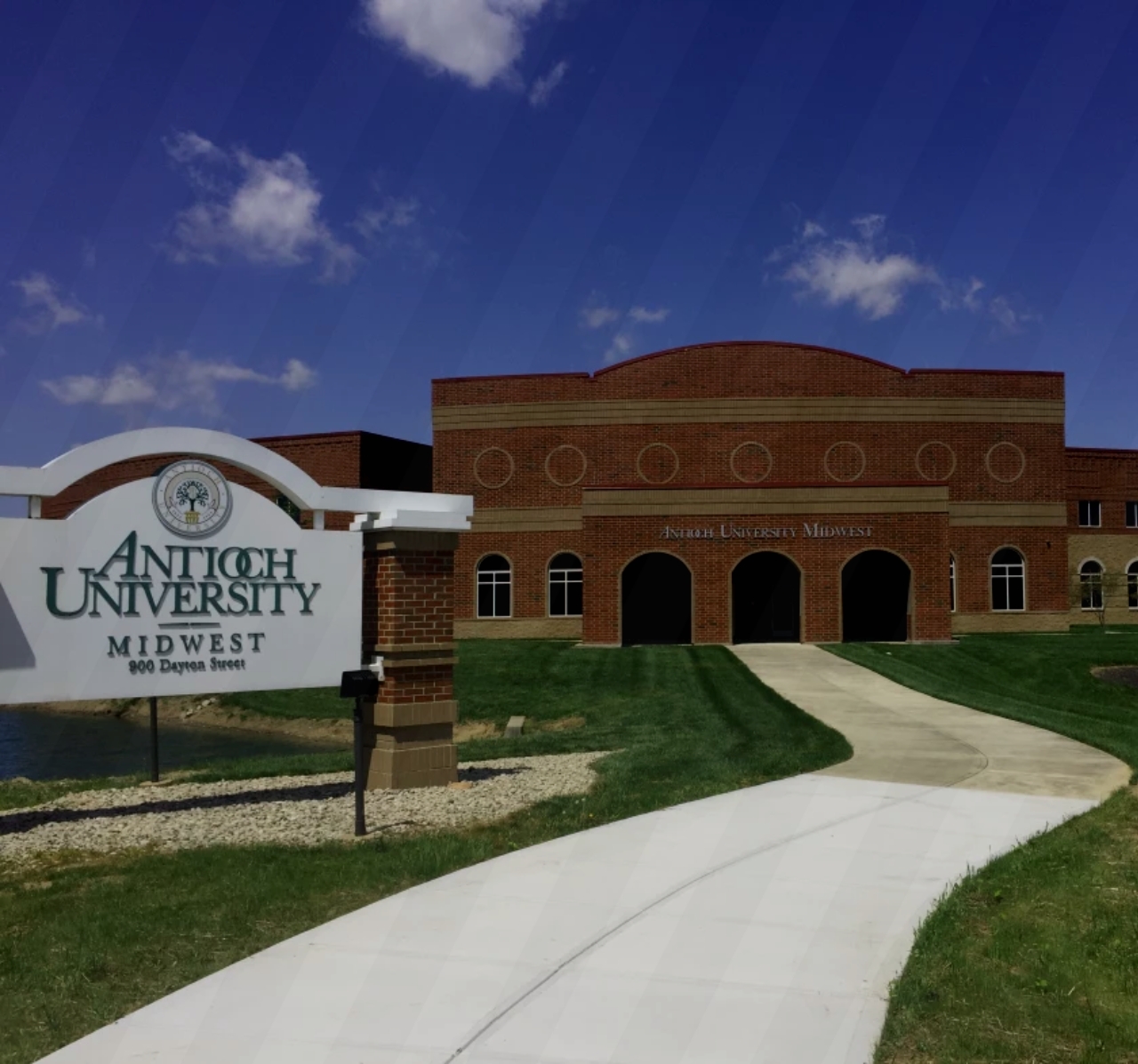
Antioch College, located in Yellow Springs, Ohio, has a rich history of progressive education and social activism. Established in 1852, Antioch is known for its rigorous liberal arts curriculum and emphasis on experiential learning. The college pioneered cooperative education programs, allowing students to integrate classroom learning with practical work experience. Antioch College has a strong commitment to social justice and sustainability, reflected in its curriculum and campus initiatives. Students are encouraged to engage critically with societal issues and contribute to positive change in their communities.
4. Webb Institute
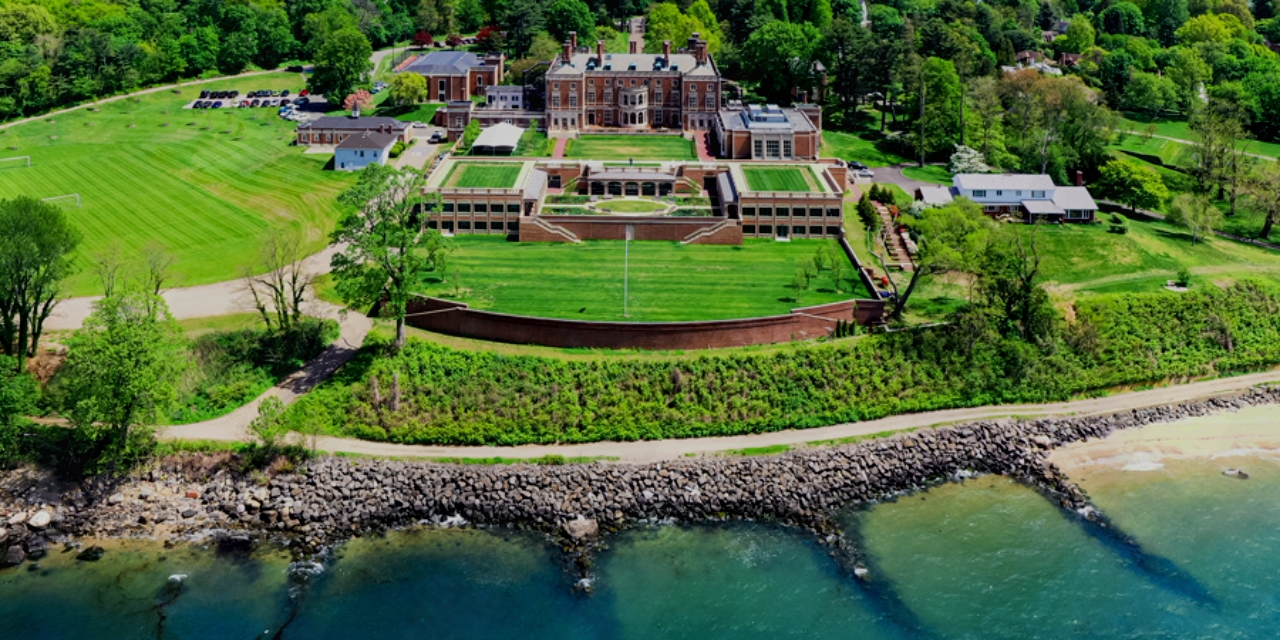
Webb Institute, situated in Glen Cove, New York, is a small, private college specializing in naval architecture and marine engineering. Founded in 1889 by industrialist William H. Webb, the institute offers a single academic program leading to a Bachelor of Science in Naval Architecture and Marine Engineering. All students at Webb Institute receive full-tuition scholarships, allowing them to focus entirely on their studies in a close-knit academic community. The rigorous curriculum combines theoretical coursework with hands-on design projects, preparing graduates for careers in ship design, maritime engineering, and related fields.
5. St. John’s College
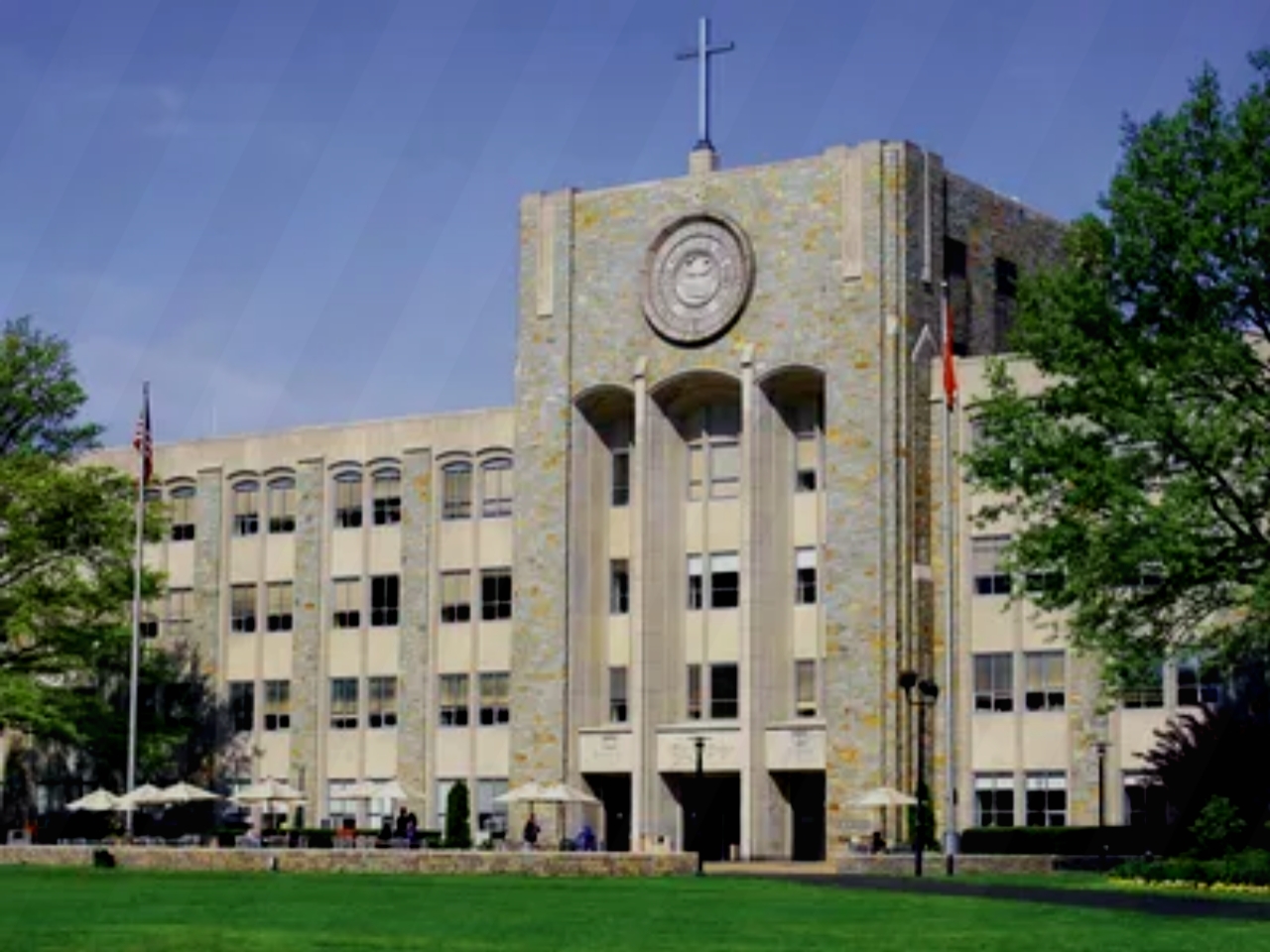
St. John’s College operates two campuses, one in Annapolis, Maryland, and the other in Santa Fe, New Mexico. Founded in 1696 as King William’s School, St. John’s College transformed into a liberal arts institution in the mid-20th century. The college is distinguished by its Great Books curriculum, which centers on the study of foundational texts in Western literature, philosophy, mathematics, and science. Students engage in small, seminar-style classes where they discuss timeless ideas and develop critical thinking skills. St. John’s College fosters a vibrant intellectual community where students and faculty engage in rigorous inquiry and interdisciplinary exploration.
6. Deep Springs College
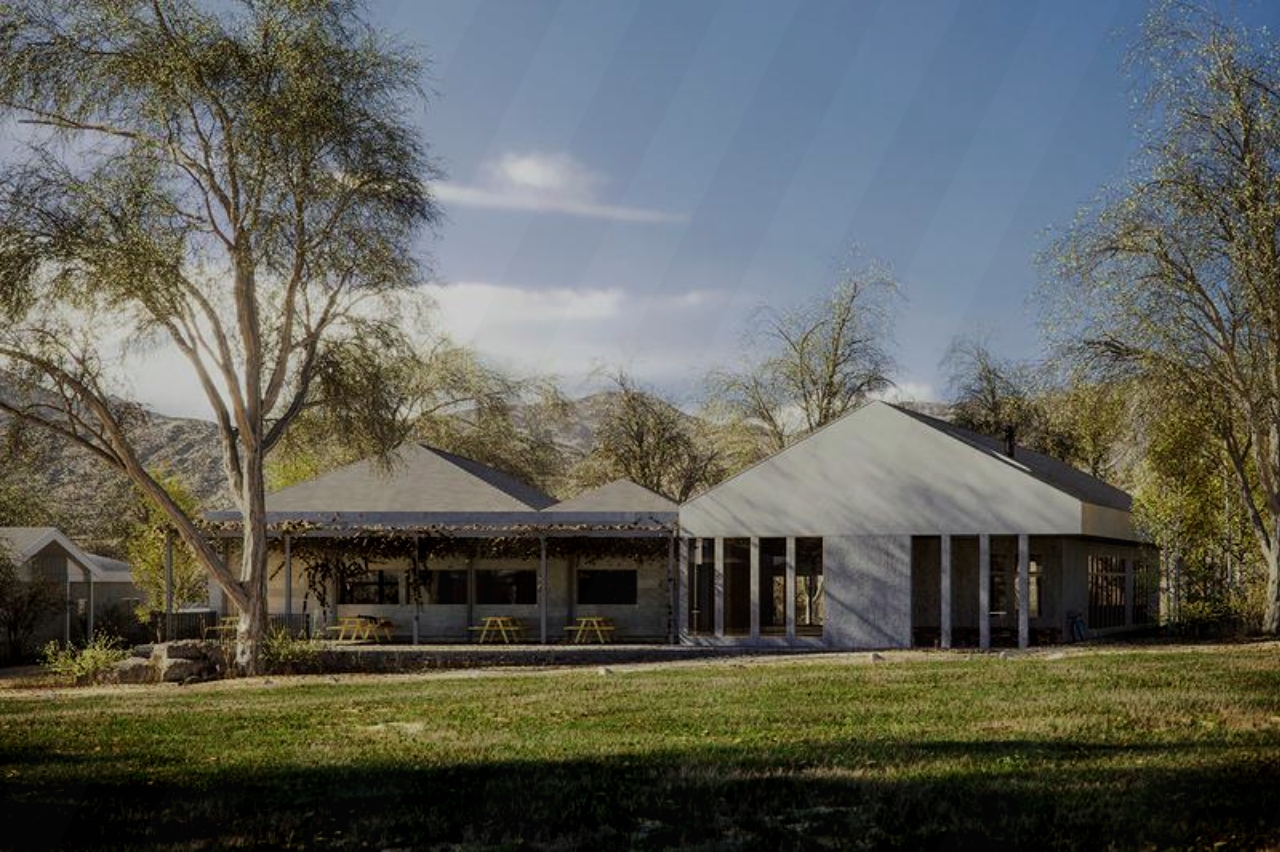
Deep Springs College, located in Deep Springs Valley, California, is a unique institution combining academics with labor and self-governance. Established in 1917, Deep Springs offers a rigorous two-year liberal arts education to a small, all-male student body. Students participate in a work program that includes ranching, farming, and maintaining the college’s facilities. Deep Springs operates on principles of self-governance, with students involved in decision-making processes and daily operations. This immersive educational model fosters leadership skills, responsibility, and a strong sense of community among students.
7. Bard College at Simon’s Rock

Bard College at Simon’s Rock, situated in Great Barrington, Massachusetts, is designed for intellectually gifted students who are ready to begin college early. Established in 1966, Simon’s Rock offers a challenging liberal arts curriculum tailored to the academic needs of younger students. The college emphasizes critical thinking, creativity, and intellectual exploration through small, discussion-based classes. Students have the opportunity to pursue individualized study paths and engage in hands-on research and creative projects. Bard College at Simon’s Rock provides a supportive learning environment where students can thrive academically and personally.
8. Naropa University
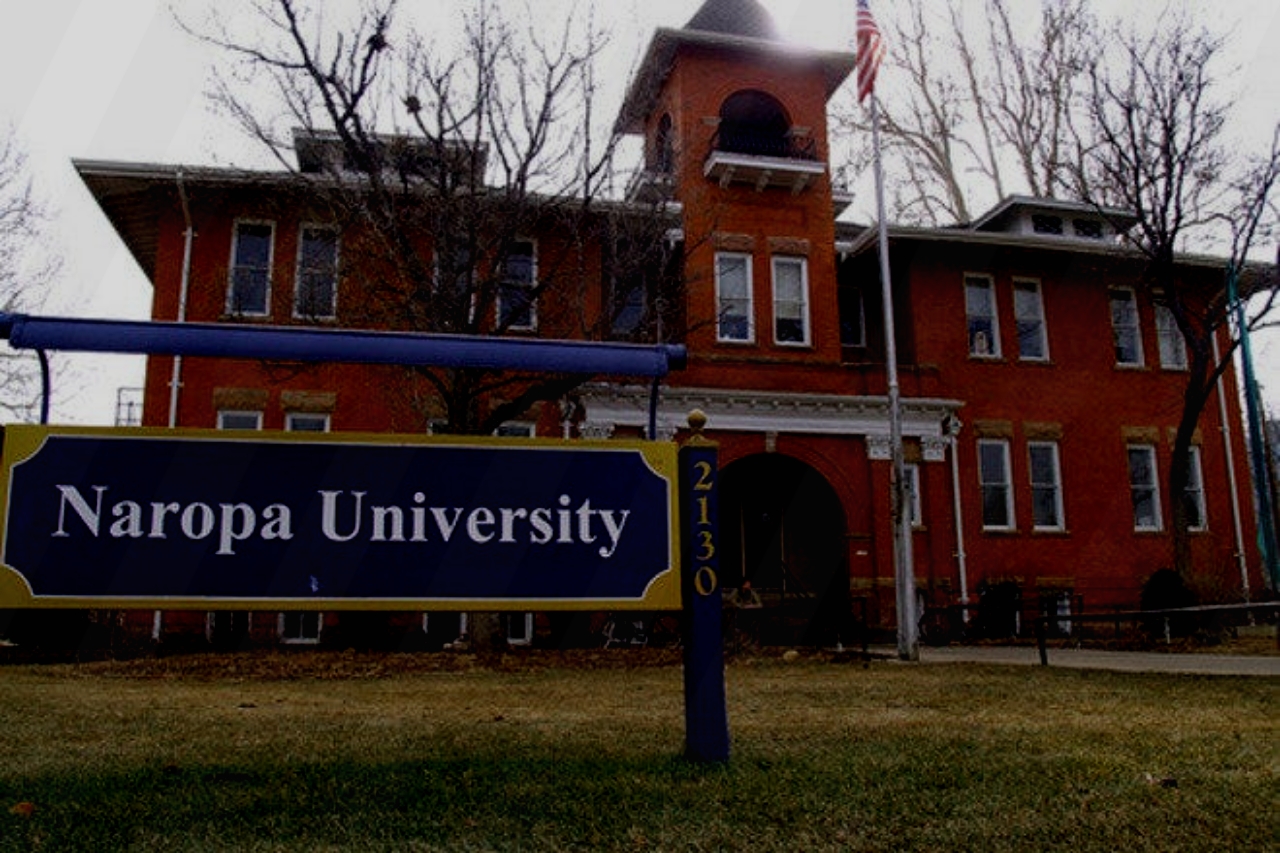
Naropa University, located in Boulder, Colorado, integrates contemplative practices with a liberal arts education. Founded in 1974 by Chögyam Trungpa Rinpoche, Naropa University incorporates mindfulness, meditation, and Eastern philosophies into its curriculum. The university offers undergraduate and graduate programs in fields such as psychology, religious studies, and environmental leadership. Naropa University emphasizes experiential learning and personal transformation, encouraging students to explore the intersection of intellect, creativity, and spirituality. The university’s commitment to contemplative education provides students with a unique opportunity for holistic development and self-discovery.
9. Gupton-Jones College of Funeral Service
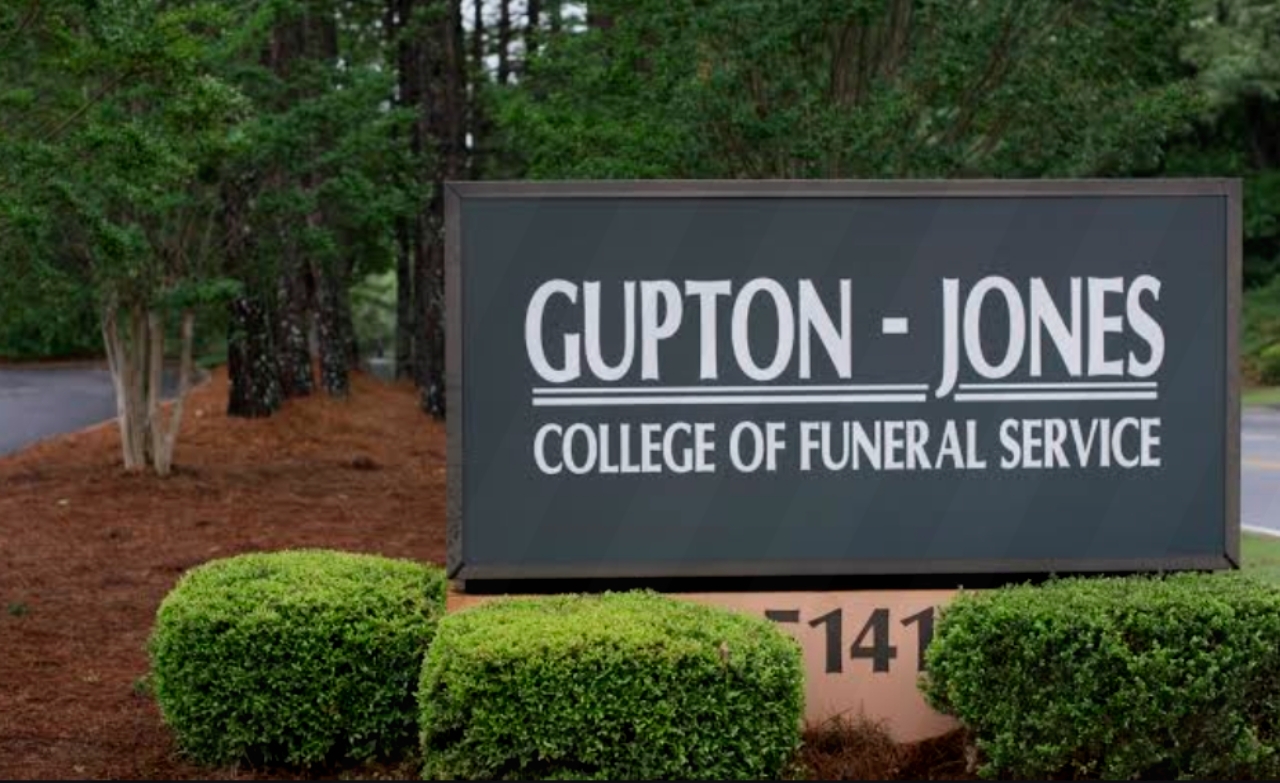
Gupton-Jones College of Funeral Service, located in Decatur, Georgia, offers specialized education in funeral service and mortuary science. Established in 1920, Gupton-Jones College prepares students for careers in the funeral industry through comprehensive coursework and practical training. The college’s curriculum covers topics such as embalming, funeral directing, restorative art, and business management. Students gain hands-on experience in the college’s funeral home facilities, preparing them to provide compassionate and professional service to grieving families. Gupton-Jones College of Funeral Service is dedicated to upholding high standards of ethical practice and academic excellence in funeral service education.
10. Maharishi University of Management
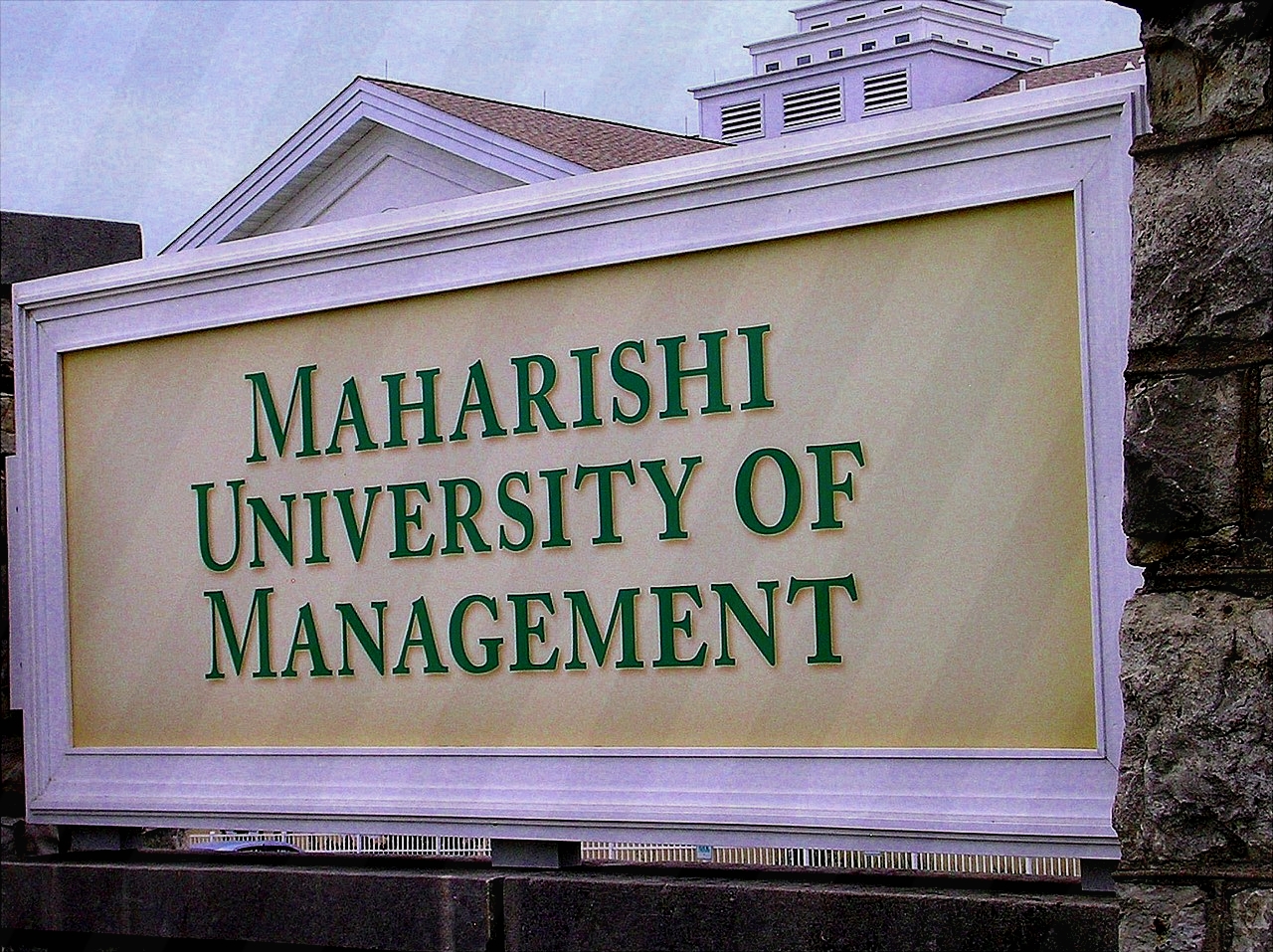
Maharishi University of Management, located in Fairfield, Iowa, integrates Transcendental Meditation and Maharishi Mahesh Yogi’s principles into its educational approach. Founded in 1971, the university offers undergraduate and graduate programs in fields such as consciousness studies, sustainable living, and business administration. Maharishi University emphasizes holistic education and personal development, promoting well-being, creativity, and academic achievement. Students practice Transcendental Meditation as part of their daily routine, enhancing their ability to learn, innovate, and contribute positively to society. The university’s campus features sustainable architecture and organic agriculture, reflecting its commitment to environmental stewardship and holistic living.
These 10 unusual colleges in the United States provide students with diverse educational opportunities, from alternative learning methods and specialized vocational training to unique philosophical and spiritual approaches. Each institution offers a distinctive academic environment that encourages intellectual exploration, personal growth, and community engagement. By embracing innovative curricula, experiential learning, and progressive values, these colleges contribute to the richness and diversity of higher education in America.






